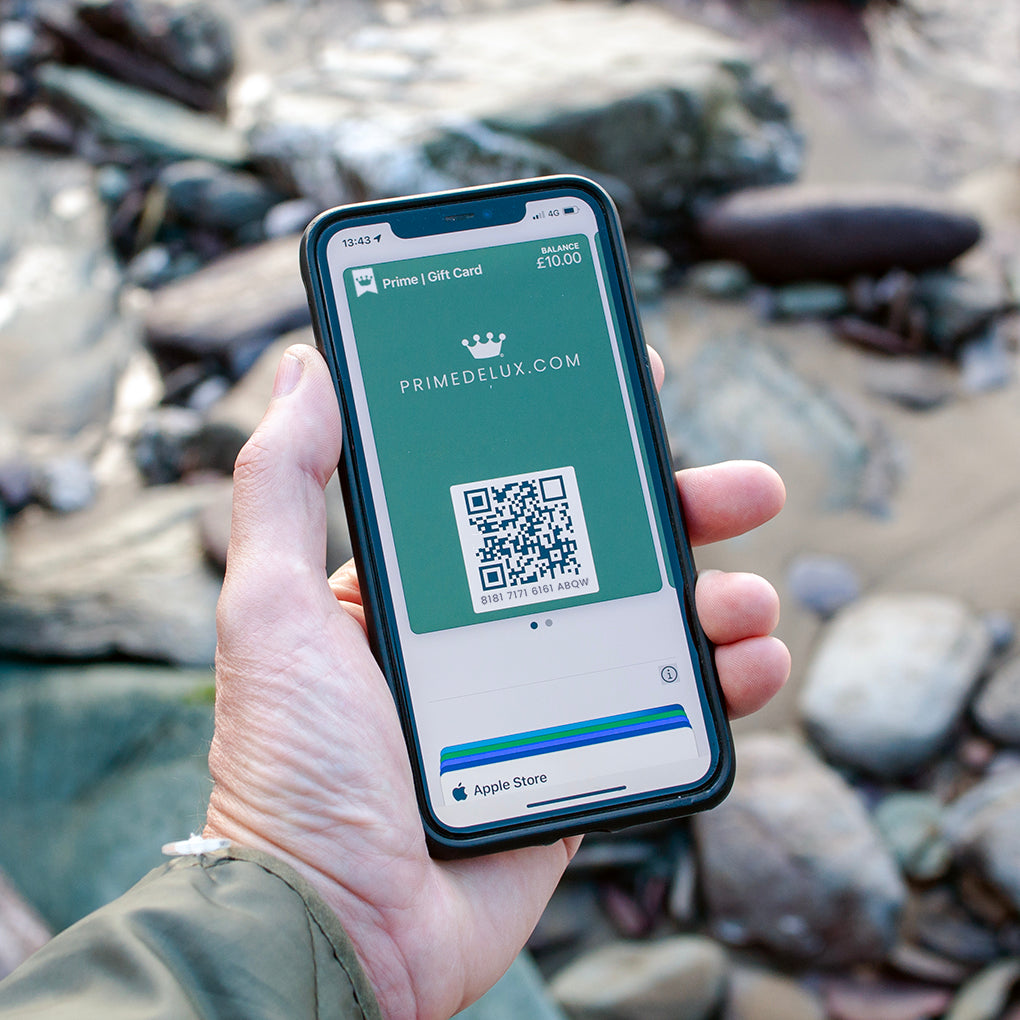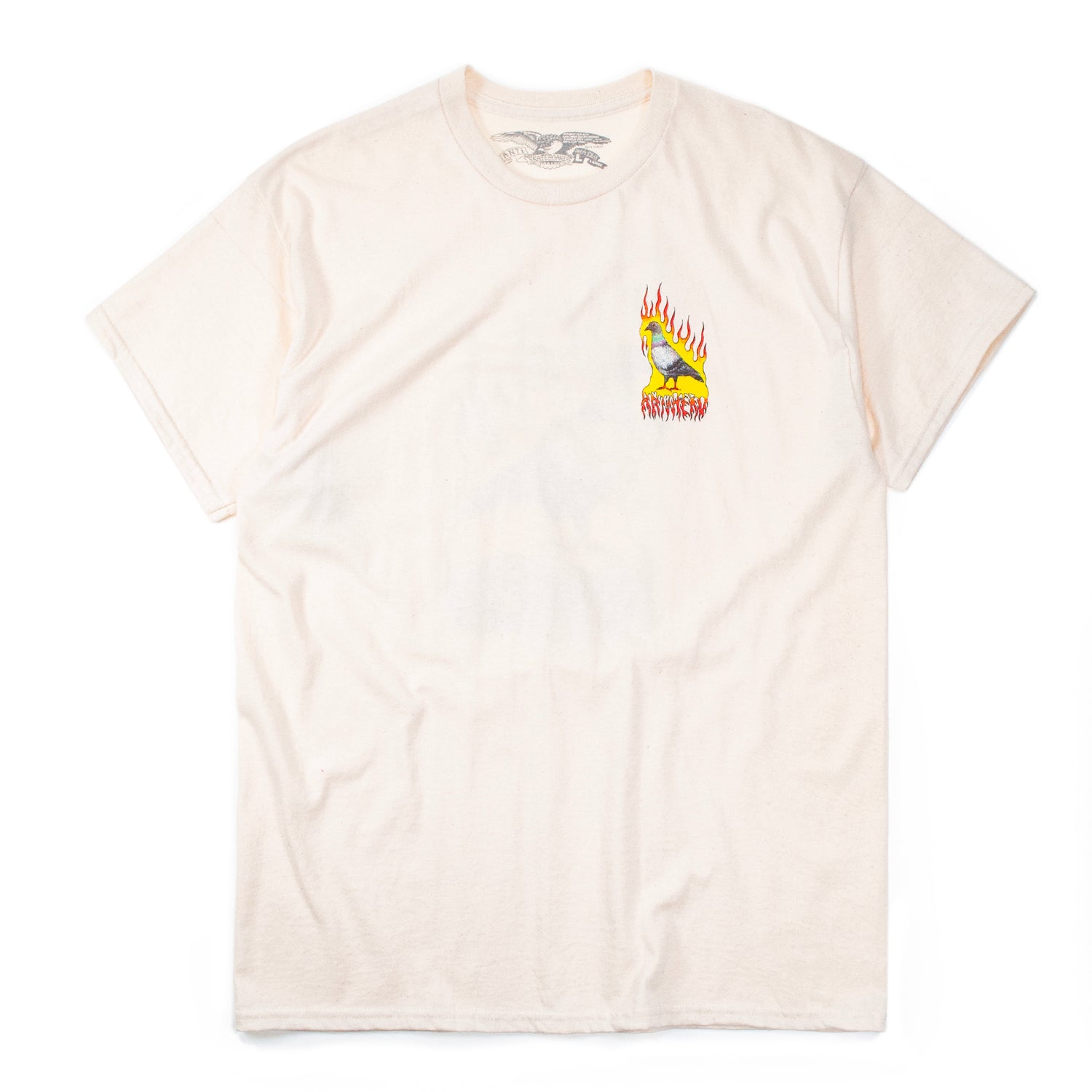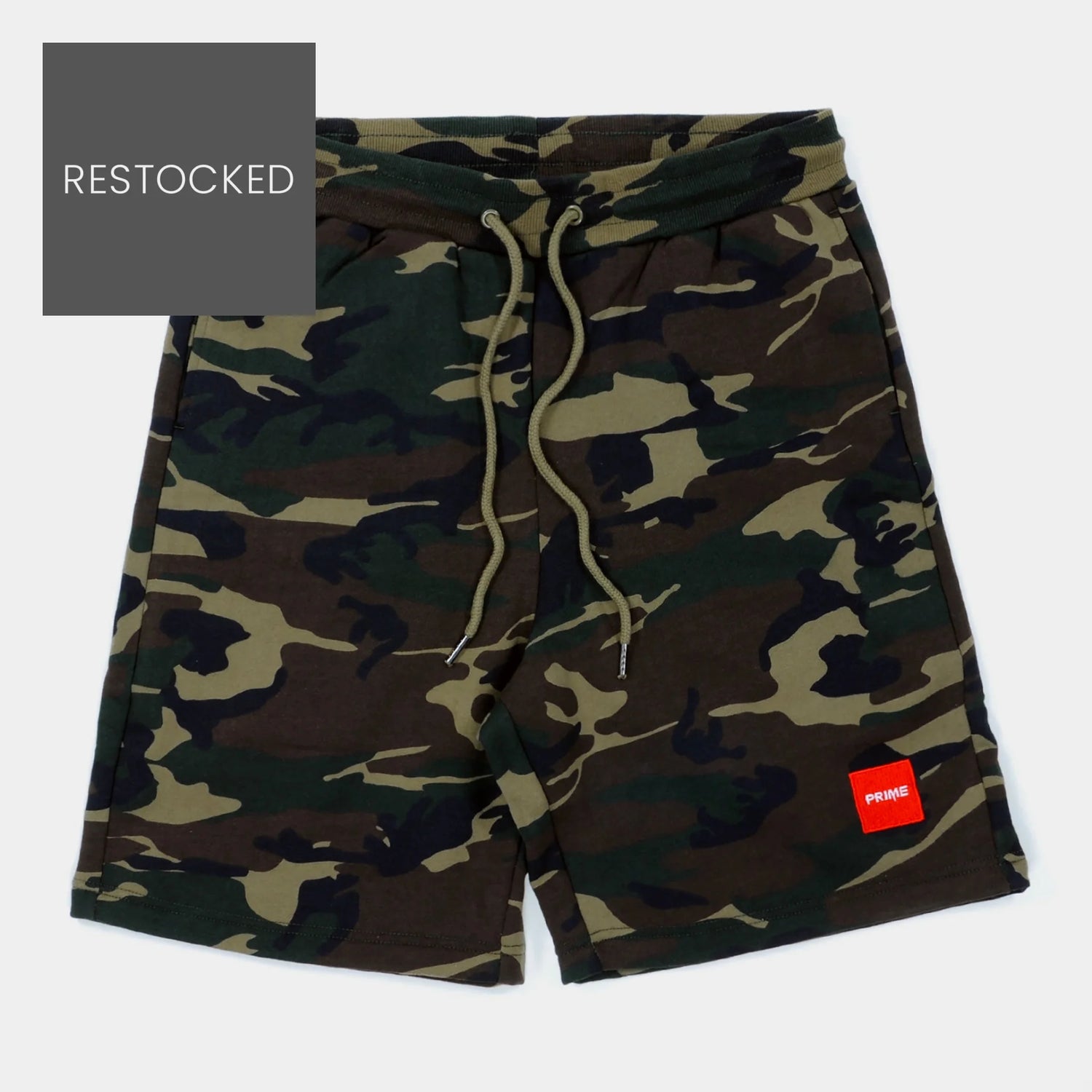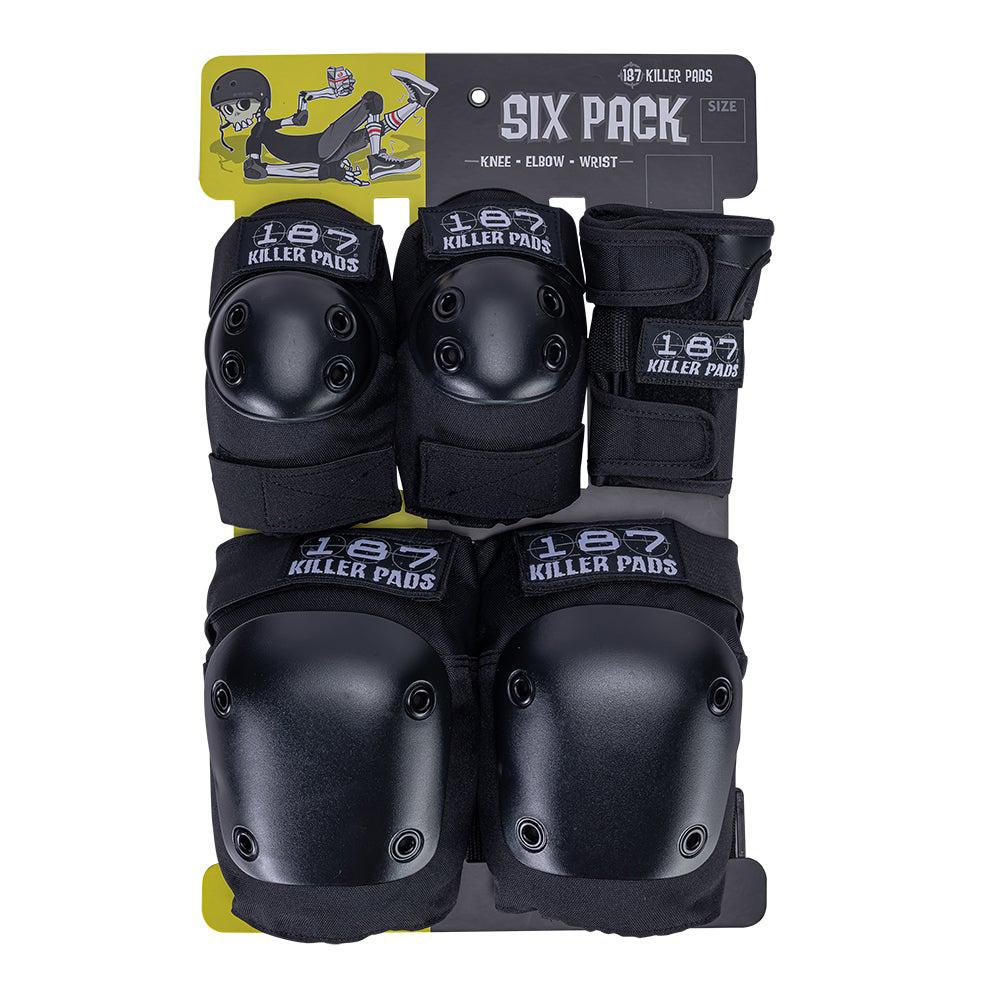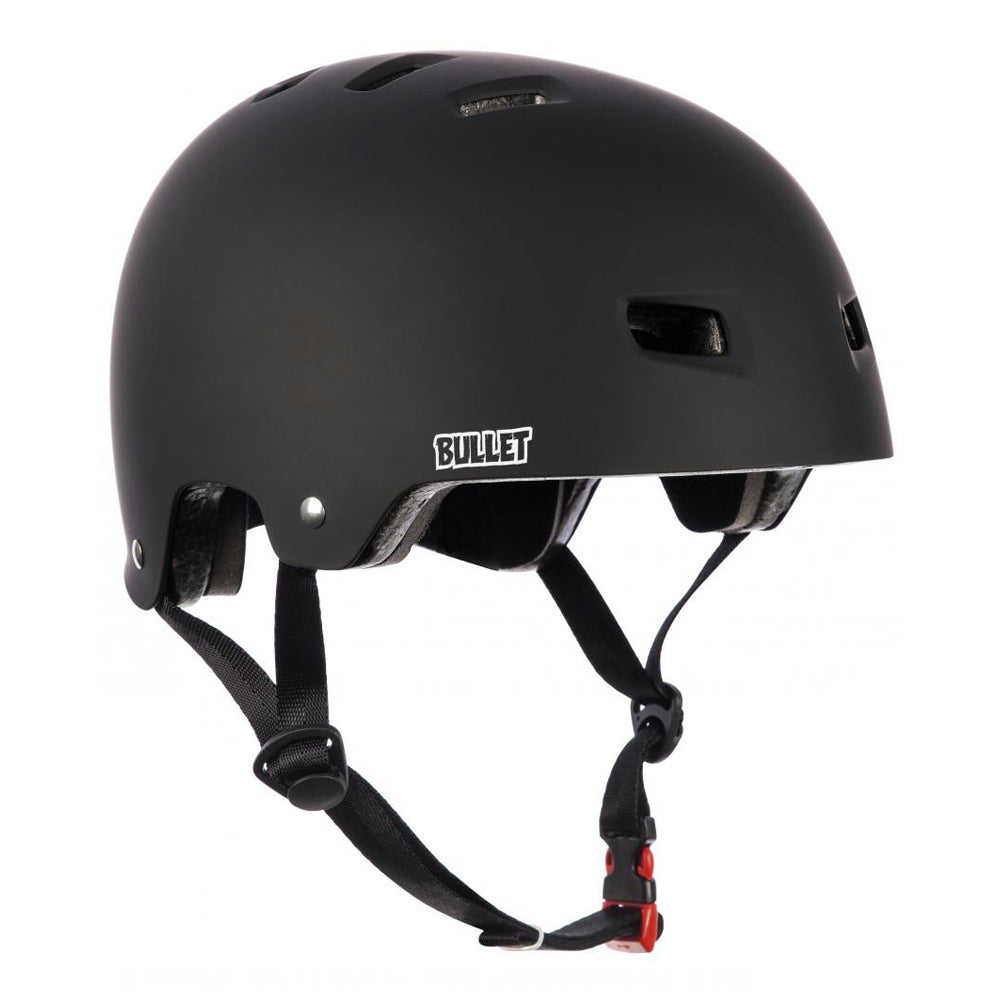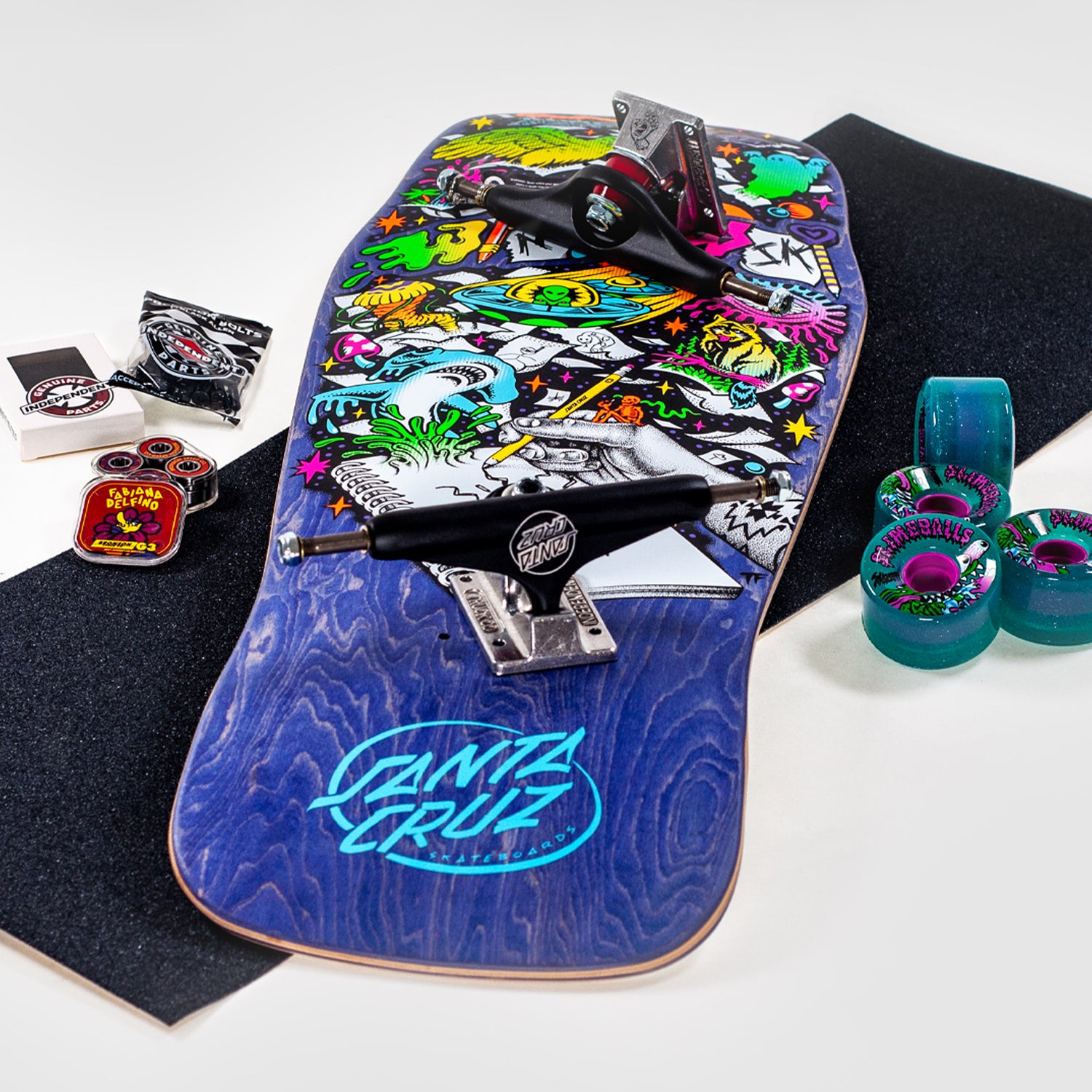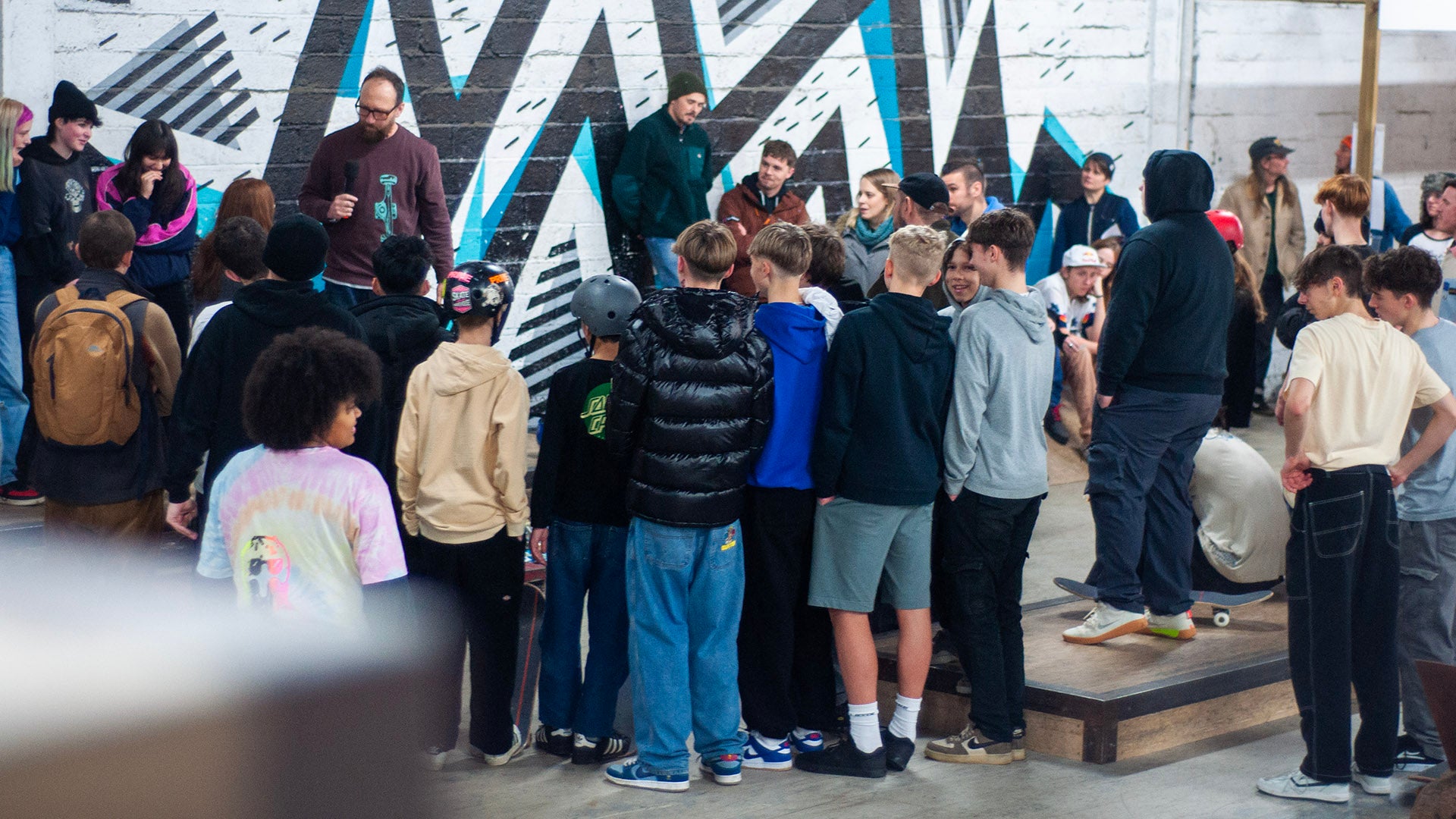Whilst there are many who will only know HUF from the infamous Plantlife line those who are aware of the company’s history will know that behind their recent success a lot of hard work and dedication has gone into building a brand that has credibility and longevity. However, what many people might not know is that HUF’s foundations lie in skateboarding and the man behind the brand, Keith Hufnagel, is one of the most recognisable skateboarders in the game. His skateboarding has that raw east coast style blended with an ability to skate very fast, which he learnt on the streets of San Francisco. This undoubtedly makes Keith a really rad skateboarder to watch and anybody who might not have seen his video parts should stop and check YouTube before reading the rest of this piece.
Could you maybe give us a brief overview or how you went from starting the company to where you are now and how the company came about? How long have you been going? How you moved from New York to San Francisco?
I mean super brief, I grew up in New York City, and I was going to college in San Francisco in 1992. Pretty much, I went there because I was addicted to skateboarding and San Francisco was the capital of skateboarding at that time so I went there. It had a feeling of New York City, just much smaller so I was attracted to that. I turned pro in 1993; actually 1992 right when I got to college, so I dropped out of college instantly and started travelling the world. I’ve been travelling the world since then. So basically, it was just doing the pro thing for the next 10 years. I moved around, stayed in San Francisco for a while, moved back to New York for a couple of years and then moved to LA and I just did a lot of travelling. I did about 10 years pro and I was like, man I kinda just want to get something else rolling. I’d been travelling to Tokyo a lot and seeing what was going on there. I was seeing what was going on with Stussy and I was involved in just being around Supreme when it started. So I just started a store in San Francisco because it didn’t really exist there the way I saw it in LA, New York and Tokyo. London too. I mean that was happening here also. Just really no experience, didn’t know anything, didn’t have a business plan, nothing, just started.
Did you start by printing t-shirts?
No we started with retail stores.
So you had the store but no product line?
No right away we did. We had t-shirts too because I was part of Deluxe, which is Real Skateboards. They basically helped me do it right away. They were like this is where you order the t-shirts; this is where you print it. It was all a family, like they pretty much owned the printers, so I basically just walked in there and started printing t-shirts.
So, in San Francisco you were the first real core skateboard store that was servicing the community so to speak?
To some degree, I mean we were doing sneakers, we were carrying Stussy, we were carrying Supreme, we were carrying all the little brands that I saw around the world that I liked, that I was connected with and wanted to bring all under one roof. That was my vision of a retail store and it worked, I mean it was doing really, really well and right away were making our own brand, which was selling and we just started expanding. We made a t-shirt, which sold, we made a t-shirt and a hat, then we made a t-shirt, hat and a sweatshirt. Then it was like, t-shirt, hat, sweatshirt, denim. T-shirt, hat, sweatshirt, button up and it just grew and grew and grew. I mean we were just doing it. There was no plan, it had a very organic growth to it and then we had to figure out how the hell we were actually going to put good margins on this product and like make it even better and do this whole thing and that was the whole new world of manufacturing. Now I’ve been doing apparel for 11 years and I’ve been doing footwear for like 3 and a half years.
Does the store still exist or did it shut down recently?
All the stores during the recession, we ended up closing them all and focusing on the wholesale of the business. We had a lot of problems with a lot of brands and a lot of things weren’t selling and it just wasn’t working. I mean 2008 to 2011 was a horrible time period for retailers and anybody that survived it is good. We had problems where the product just wasn’t selling like it was before and the companies were pushing us to buy more and more and more, forcing it on us. So we were just like, we’re done. We want to focus on what we’ve created and focus on our own brand. So we left it all, we dumped it all and cancelled all our accounts, paid all our bills.
Do you think your skate style is very New York because you moved at 18 to San Francisco? Do you think there’s still a difference in style between the two coasts?
I think I’m a hybrid but I definitely have an East Coast style because that’s where I learnt all my style and then San Francisco brought speed into the equation and power. That’s when I learnt how to go super fast. I was scared shitless when I first started bombing hills but I got addicted to it and learnt how to control it and go faster and faster and faster and do tricks whilst you’re going fast.
So you’ve obviously travelled extensively over here in the last 10 years, how do you think the skate scene over here and Europe in general differs from the states?
I mean that depends on where you’re talking in Europe. I have a very New York feeling when I’m in London. I feel like it’s very New York. In Copenhagen, I feel like it has its own style. I feel like everyone is wearing thinner gear and high water pants. It’s like that Norse kind of look and I feel like that’s nailed when you go to Copenhagen. That’s what it is and I feel like they created it to some degree or they own it a least. London’s all over the place, it has everything here. It’s very New York; it’s a melting pot of people. Same with Amsterdam, Amsterdam’s a very similar place to London and New York also.
Yeah. So, you’ve been with Real for a long time now?
It’s my 20-year anniversary on Real.
Have you had to turn down any big offers from other brands/companies and what’s made you stick with Real this long?
The only offer that I ever really had… I had a few contemplating offers but it must have been mid 90s, late 90s or something, I went on tour with the Girl and Chocolate team and you know two of my best friends Keenan Milton and Gino Iannuci were riding for them. So you know, I travelled with them, hung out with them and they were just like, ‘man you should just ride for this company’ and I was like ‘fuck yeah’. You know, everyone’s family with Deluxe and Girl and they talked to me. They were like, you know if you want to do it, we’ll do it but you have to really want to do it. I ended up not doing it because I didn’t want to be that person to jump around. I wanted longevity. 20 years at some place is rad. It’s not like I’m making all this money and all that it’s just dedication and I wish some people out there would look at that and think I should do that because once you start hopping and then you become old you’re done. They’re not going to support you until your later years.
Do you think there’s too much of that in skating?
Oh yeah. I mean right now there’s a lot of hopping and people quitting and starting companies and that’s cool because that’s what happened in the early 90s where all the dudes from World left and started Girl or like dudes started all these companies and that’s totally cool. If you’re the owner and you have all this crew then you’re totally fine but it’s rad for someone to be in a company for 20 years too.
Do you think that recently in skateboarding with a lot of people doing interviews online as well as all the pros talking about how they’re dissatisfied with what’s going on that we’re seeing almost like a repeat of what happened 20 years ago starting again?
Yes, in a different way because the Internet is faceless and anonymous and it can tell some truths but then there’s kids that can act as other people and all these things so it’s a good things for kids to acknowledge things and understand it but I don’t think a lot of kids even care.
So who right now is getting you really stoked about skating? Who keeps you excited and motivated about skateboarding?
I like style and power. For me the people looked up with like Gonz. You know Gonz is different now, he’s older, he’s still doing rad stuff. People with power, People like Busenitz. There’s a whole group of people out there with style and power. Anyone that’s super powerful when they skate. I mean if you look at like Austin or Dylan they are on the team but when you look at them skate, they’re beast. It’s like the shit they do, it’s retarded but there’s lots of people out there like that. There are more people like them. I’m a style guy in skateboarding, it’s really how you ride the board in the end.You don’t have to land every trick, you drop in do something rad and that’s better than some dude who did 300 tricks.
Obviously there’s a big focus on streetwear, maybe not intentionally, but it’s considered in part as a streetwear brand.
Yes.
Whether you classify it as that?
I call it a skateboard lifestyle brand, which is a crossover brand.
Our core is from skateboarding but love the lifestyle too so we’re not going to alienate ourselves to just being in skateboarding. Our attitude comes from skateboarding but we like chilling and hanging out and wearing cool clothes and going out at night and doing all these things and that’s streetware. Fashion too, there’s a mix of everything in there. That’s a true brand, a pie that has every little piece in it and you know I see a lot of skate brands that are just skateboarding and they’re the ones that suffer because they alienate themselves, they’re too core. If you put yourself so core that you’re struggling with your own business but that’s their true passion and I have passion . I like everything in streetware, I like skateboarding I like fashion, I luke art, I like music. I like all these things and that’s where the brand comes from.
So, 12 years is a long time, what’s next? What’s on the radar apart from selling a shit load more socks.
I don’t know what you’re talking about. (Laughs)
I mean we’ve kind of come to a good point in our apparel where we’re at. We’re really dialing it in and making it better and better and better. We’re at a good spot, it’s enough every season to be putting out there. We’re not really trying to grow beyond that. We’re trying to maintain it. We’re really looking to grow in footwear.
That’s my next question, so how long’s footwear been going on now?
It’s about 3 years.
What was the impetus to starting the footwear. You’ve obviously got years of experience so what could you bring to the table that other brands couldn’t do.
I mean I rode for DC when it started. I did DC for 5 years then I went to DVS for 10 years and then I was in the store selling all these other brands and you know I felt like we could do just as good a job if not better than all these other people. I mean with right factories and the right people, we could really do this. I partnered up with somebody who was very footwear experienced and we started. We started really, really small and it’s hard to do footwear small. No matter what.
Yeah because the moulds are so expensive aren’t they?
Everything’s expensive, the factories don’t want to deal with people who wanna run a couple of hundred pairs and we just kept doing it and doing it and pushing it and hired skaters and hired more skaters and started a team because I feel in footwear, no matter what, you’ve got to have a skateboard team.
You’ve got to have people to back it even if you got runners and you got fashion shoes you got all these different things going on. You’ve got to have something that’s the backbone of it and that’s skateboarding to the end. We are skateboarding, we’re not going out to hire other types of people and that’s our footwear programme. We want to be big and also giving back to skateboarding is a really big goal of mine. You know, we’re supporting people to have a lifestyle that they can travel the world and skate and we support them and we let them do what they want to do and be themselves. A lot of companies now are like telling you what colours and what logos to wear and all these things and it’s like fuck that, let’s make the shoe you want you don’t have to be a fucking billboard and just be who you are express yourself. Because that’s skateboarding. It’s being who you want to be and not being what you’re told to be because you’re making a lot of money. Fuck that shit. It’s wack.
How important is it to you that people who don’t really know about HUF’s history get the skateboard link? Also, how valuable do you think it is at this current time in skateboarding to have a skate brand that’s actually run by a skater?
I think it’s crucial in skateboarding but for people who are into streetware or fashion it’s just that they like the product and we need to make a product that’s good and that people want and that stands for itself no matter what. You go into a store, what are you going towards? A brand name that has a standard of quality usually. A don’t want to be the brand face forever though. Seriously, it’s like the goal is to be hey that was the history. I’m still there and do stuff but it’s like there’s people that get WRL that don’t know who Ralph Lauren is. That’s fine.
Just wanted to finish by talking a bit about Southbank. You’ll be there tomorrow. Obviously, have you been following the Long Live Southbank campaign?
To some degree yes. I don’t know enough but I know that either someone bought the building or something like that. I heard that they’re willing to build something close to there?
Yeah they are. But the thing is, is there’s a lot of history to that spot.
Yeah you can’t move history but the thing is, everything changes so is it good or bad? The people who are doing this need to weigh the options for skateboarding and if they can guarantee something better is it good or is it not good. I don’t know but I mean I’ve skated Southbank and it’s totally rad but if someone bought a building it may be inevitable that they’re going to change what’s there. I mean I don’t want to be the bad news but if they can stay then I mean, rad let’s do it but what if they built you something better is it good or not. I don’t know what’s better or worse I’m always like devils advocate with what’s going to happen. What if you get the opportunity to build something else and you don’t take it and they turn that damn thing into a Starbucks and you’ve got nowhere to skate.



